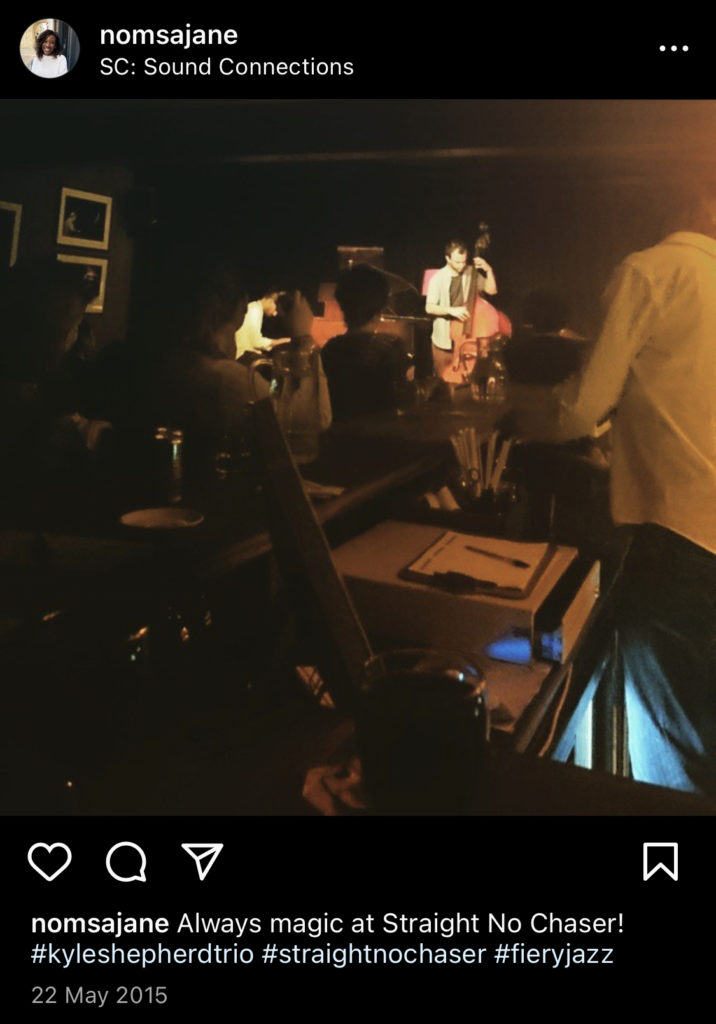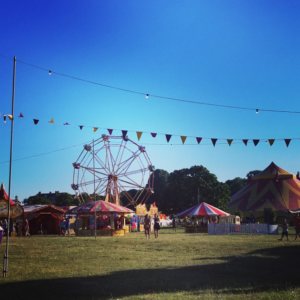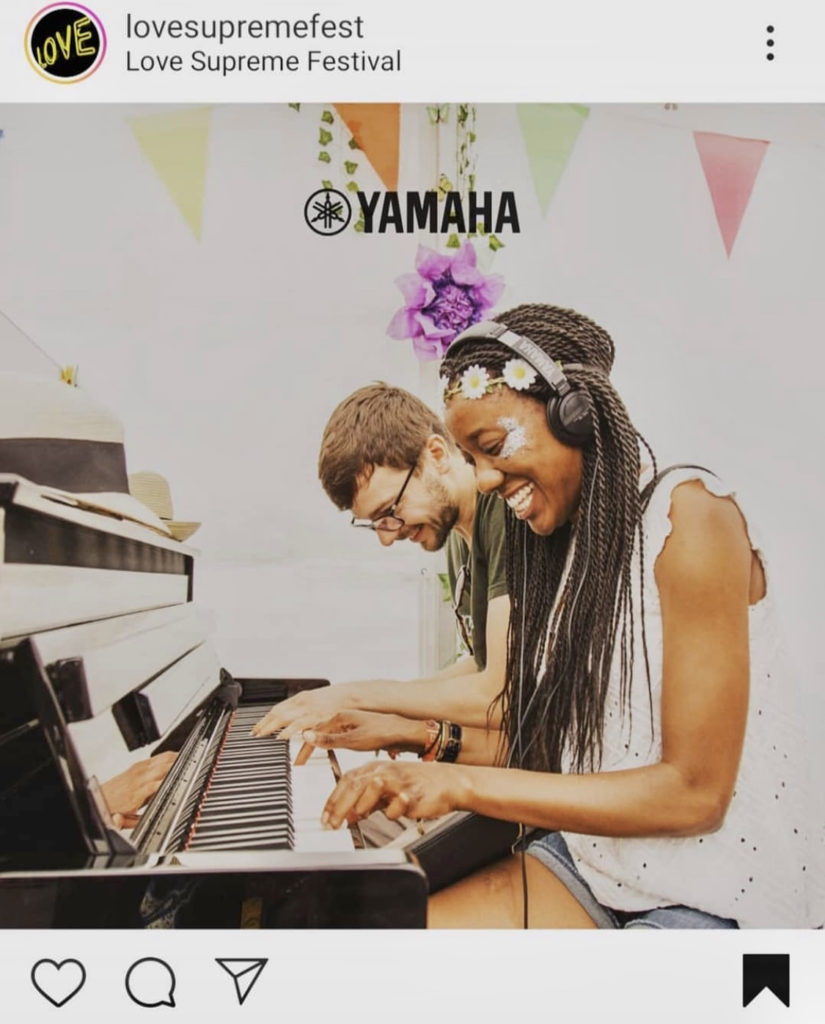Years ago, while living in Cape Town, a friend called me late on a Friday night. Did I want to go on a road-trip to the Northern Cape? To check out a couple of venues for a music festival? For a charity founded by one of South Africa’s most famous jazz pianists? Um, yes. We’d leave at 5.30 in the morning. Spend most of Saturday and Sunday on the road, in a pick-up truck driven by said pianist’s energetic driver and all-round point man. We’d inspect an old Dutch church, explore and imagine music and dancing on an expansive, sandy reserve in the “Green Kalahari,” walk around a sleepy Afrikaans town. All the while wondering how on earth we landed on this surreal adventure. We passed the time on the road talking, laughing, endlessly entertained by the many stories our driver-turned-friend told. We stopped often to breathe in the beautiful, sometimes harsh, landscape. I finally got round to finishing Chimamanda’s “Half of a Yellow Sun.” And we were back in time for work on Monday morning, like nothing short of magical had happened that weekend.
But what has this got to do with Kyle Shepherd’s album, Dream State?
In coping with a recent loss, I’ve been looking back at the moments I’ve felt inspired, happy, at peace. The crazy joyride to the Green Kalahari. Sunny Sunday drives along Cape Town’s scenic coastline. The first time I saw Kyle Shepherd (piano), Shane Cooper (double bass) and Jonno Sweetman (drums) play at Straight No Chaser, an unpretentious hole-in-the-wall jazz club, in Cape Town’s city bowl.

There is something quietly endearing about these three musicians, each charting their own path and making a powerful impression on South African jazz. The night I saw them at Straight No Chaser, Shepherd sat hunched over the keys in a shy, meditative (ha, dream!) state. He would lead and retreat with fiery, yet soothing melodies that not only captured his distinctly delicate, emotive sound, but that also paid homage to Cape Jazz – the region’s unique blend of colourful carnival music, Southern African gospel, and jazz. Cooper, similarly reserved, was commanding on the double bass. But Sweetman stole the show (for me, anyway) with his sensitive, captivating rhythm. The chemistry between them was palpable.
Dream State, a 2-disc, 21-track album released in 2014, captures the trio on their ascent. I will always love Flying Without Leaving the Ground, the sixth track on the album. It draws you in, as though you’re on a brisk walk, determined to reach a destination you’re unsure of. So you stop, walk on, stop, walk on again. You do this a few times, making slow progress, until eventually you hit a fork in the road. A rush of energy, excitement comes over you, and suddenly you realise you know where you’re going. You hop, skip, run, down the path you’ve chosen. Almost forgetting where you came from. The album is sprinkled with songs that feel like this – like journeys, like home, like celebrations, and meditations. In The Seeker, the mood turns prayerful, as Shepherd stretches each note into quiet, empty space, while Cooper’s mellow bass and Sweetman’s whispering drums usher the piano’s melody softly along the wind. It is beautiful, and healing.
I’ve listened to this album, from start to finish, multiple times over the last few weeks. At the time I saw the trio live in Cape Town, I told myself I’d write a book about the budding musicians driving Cape Town’s jazz scene, many of whom were emerging from the University of Cape Town’s South African College of Music. But I think the book is writing itself. Today, Shepherd has carved out a niche for himself in film and theatre, with a string of original film and TV scores, and working recently as co-composer on William Kentridge‘s “Waiting for Sybil” theatre production. Cooper now leads an ensemble of young Joburg-based jazz instrumentalists (with Sweetman on drums), under the band name MABUTA. Their first of two studio albums, Welcome to This World, is a treat.
So what does that road-trip have to do with Kyle Shepherd’s Dream State, again? Well, I suppose it’s that the album captures that weekend perfectly, with it’s joyful, dreamy sound. Shepherd has another track though, not on the Dream State, that also reminds me of that trip. A.I, from his 2011 album FineART, is an enveloping Cape Jazz spiritual – it’s modest, moving melody a tribute to Abdullah Ibrahim, South Africa’s most famous jazz pianist (wink).



